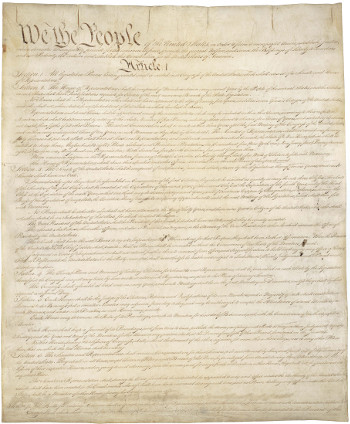It’s now common knowledge in northern Utah County: Snowbird Ski and Summer Resort wants to develop property it owns in American Fork Canyon, over the ridge from the existing resort. Setting aside the controversy over who wasn’t involved or informed as this plan was developed, it comes down to a question of property rights – as so many local issues do.
According to this recent Fox13 News story, Bob Bonar, President of Snowbird, asserts that Snowbird’s plan is within the rights of the property owner.
This is still the United States of America, after all, where we acknowledge and protect fundamental rights. Property rights are among these; we speak of them in the same breath with life, liberty, the pursuit of happiness, and freedoms of speech and religion.
On its face, it might seem simple. Snowbird owns the land, and property rights belong to the owner. That should settle the question, right? Can’t we just dismiss any opposition as grouchy politics, or as acronymic, nuisance sentimentality in a league with NIMBY (Not In My Back Yard), NOTE (Not Over There Either), BANANA (Build Absolutely Nothing Anywhere Near Anything), or NOPE (Not On Planet Earth)?
Actually, it’s not that simple. (You saw this coming, right?) Land ownership doesn’t settle the question legally or philosophically. Let’s talk about why.


